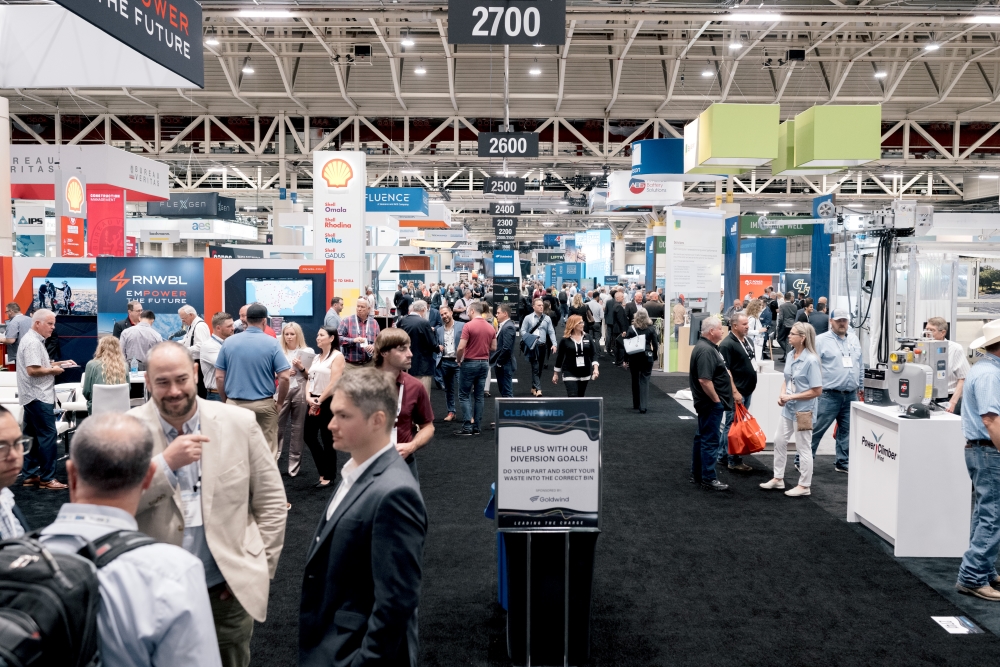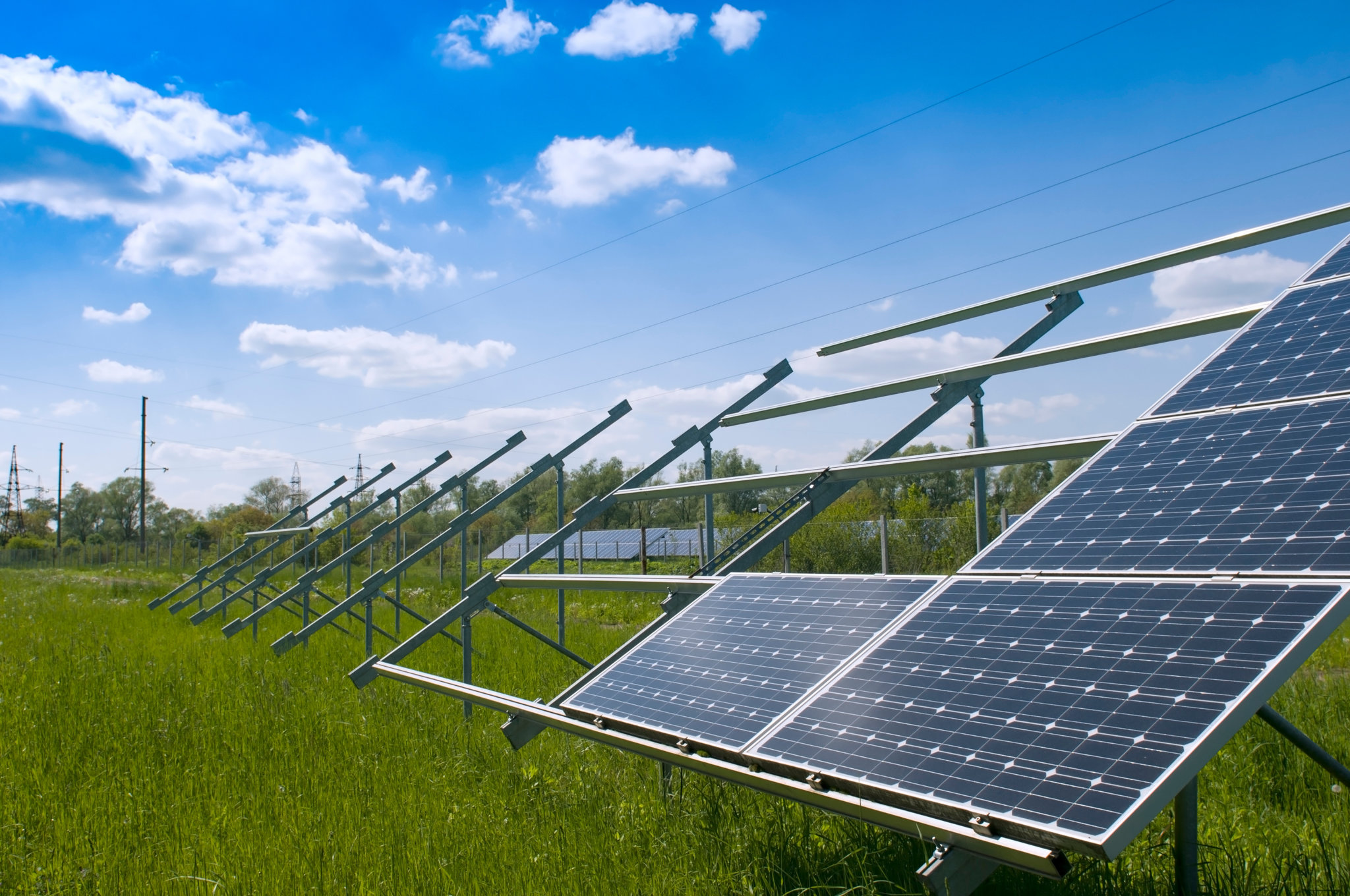Secretary Raimondo Has the Legal Authority to Put the Solar Industry Back on Track in the Next Few Weeks
U.S. Commerce Secretary Gina Raimondo was on Capitol Hill Wednesday for a hearing on the Commerce Department’s fiscal 2023 budget request, but it wasn’t just her budget that she ended up having to defend from skeptical questions. The Secretary found herself on the hot seat over the Biden Administration’s decision to take up a cynical, selfish petition by a single small company pitted against the rest of the American solar industry. The petition process is already costing jobs, shutting off up to 80% of the module supply for 2022 solar projects, and creating deal-destroying economic uncertainty in an industry key to the President’s climate goals.
In response to a fair and direct request from Sen. Jacky Rosen (D-NV) asking the Secretary to issue a swift negative preliminary determination, the Secretary responded by saying, “My hands are very tied here.”
In fact, the Secretary’s hands are anything but tied. She has a path that is codified in the statute to stop a pointless process initiated over a phantom menace – and she can use those options in the coming weeks to breathe life back into an American solar industry whipsawed by her department’s actions.
Why?
To recap, on April 1, 2022, the Commerce Department accepted a petition by a single solar manufacturer, Auxin Solar Inc., and initiated a circumvention case. The petition accuses solar cell and module manufacturers in Malaysia, Thailand, Vietnam, and Cambodia of circumventing existing antidumping (“AD”) and countervailing duty (“CVD”) orders on crystalline silicon photovoltaic (“CSPV”) cells and modules from China. Those orders have been in effect since 2012 and have resulted in tariffs on imports of those products.
But there is a ray of hope. Despite what the Secretary suggested at her hearing, issuing a speedy negative determination, and conducting a thorough process and following the statutes are not mutually exclusive. Her agency has the perfect opportunity to evaluate this case and shut it down on the merits.
The Commerce Department’s own regulations allow a 44-day period for parties involved in the case to challenge the basic assumptions of the circumvention petition, including a rebuttal period for Auxin to respond. That process will be completed by May 16th.
The Commerce Department can and should use the information gathered during this time to issue an expedited negative preliminary determination.
The statutory basis for the Secretary to act in May:
By mid-May, the Commerce Department will have all of the information it needs to prove and determine that Auxin failed to meet the “five-factor” burden they must live up as described in Section 781(b)(1) of the Tariff Act. In fact, a petition must meet all five mandatory elements before the Commerce Department can bring new products under the scope of an existing AD/CVD order through an affirmative circumvention ruling.
Guess what? The Department already has enough information to conclude that at least two of those threshold requirements are not being met, and thus the Secretary can confidently, and within the guidance of the statute, issue a negative preliminary determination.
- First, the Commerce Department has to find that these many company’s operations are “minor” or “insignificant processing” functions. Anyone who understands the solar supply chain knows that manufacturing of a solar cell from its inputs cannot be characterized as a minor or insignificant processing step in the production of a solar cell. Based on ten years of agency precedent, there is no basis to find that the activity in question is “minor or insignificant.” In fact, it is settled law – at Commerce, U.S. Customs and Border Protection, the U.S. International Trade Commission, and the federal courts —that the formation of the p/n junction imparts the essential character of a CSPV cell and module. Don’t take our word for it – just listen to Auxin itself. The company is on the record in other solar trade cases, testifying about the high-technology, long-term incentives needed, and major financial investments required to manufacture cells to scale in the United States. Auxin has, in public statements, called manufacturing CSPV cells and modules “capital intensive and technologically sophisticated.” That’s hardly a characterization of manufacturing that is “minor or insignificant.”
- Second, Auxin’s petition must pass the “appropriateness” test. Under the law, the Commerce Department has broad discretion to issue negative determinations in circumvention inquiries when expansion of an existing AD/CVD order would be “inappropriate.” The Department simply does not need to conduct a time- and resource-intensive investigation because evidence already on the record shows that circumvention is not happening. Abruptly changing the rules of the game in a manner contrary to logic would be arbitrary, unsupported by the evidence, and fundamentally unfair, hardly “appropriate.”
There are all kinds of ironies in this case, already. There is a reason why the second largest domestic producer, Silfab Solar WA Inc., has strongly opposed circumvention action. And irony of all ironies, U.S. module producers, including Auxin, must import cells for their domestic production. Auxin imports cells from Taiwan for its own operations, which also rely on Chinese wafers.
But today we don’t need to delve into the irony. Our industry just needs a fair, swift, timely dismissal of a petition that should return to where it began: in the dustbin of bad ideas.
Acting on either of the two points in the “five factor test” Auxin must meet could let the Commerce Department – and the rest of the solar industry – out of purgatory and back to work powering America.
The time to act is now. Secretary Raimondo, your Department is calling – their own rules and regulations tell us that you can save the day and do what’s right, in just a couple short weeks in May.
It’s time to untie the hands of the American solar industry, so we can all go back to work.


